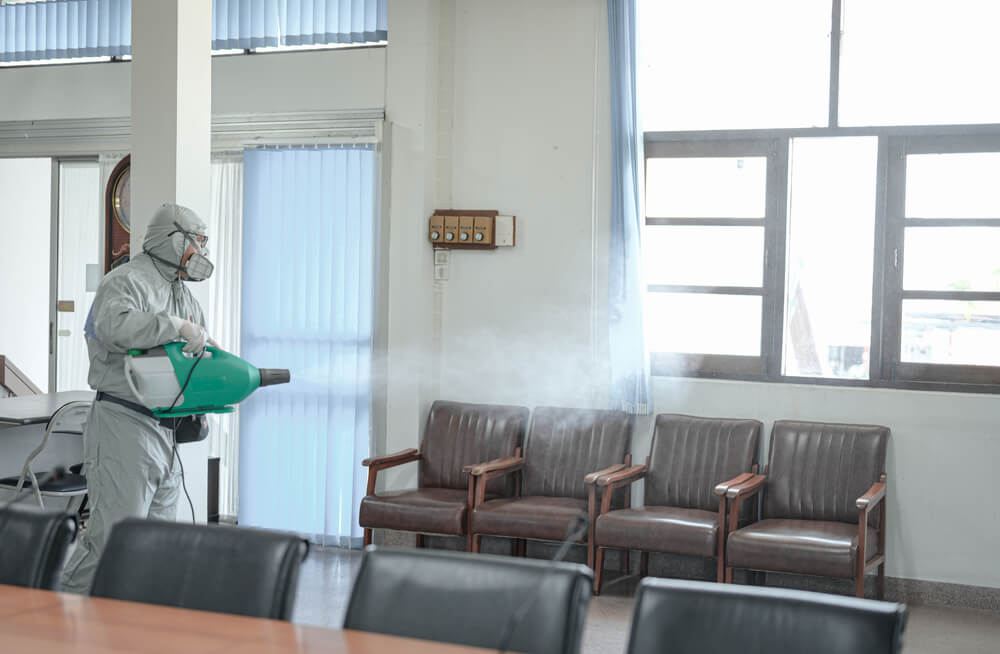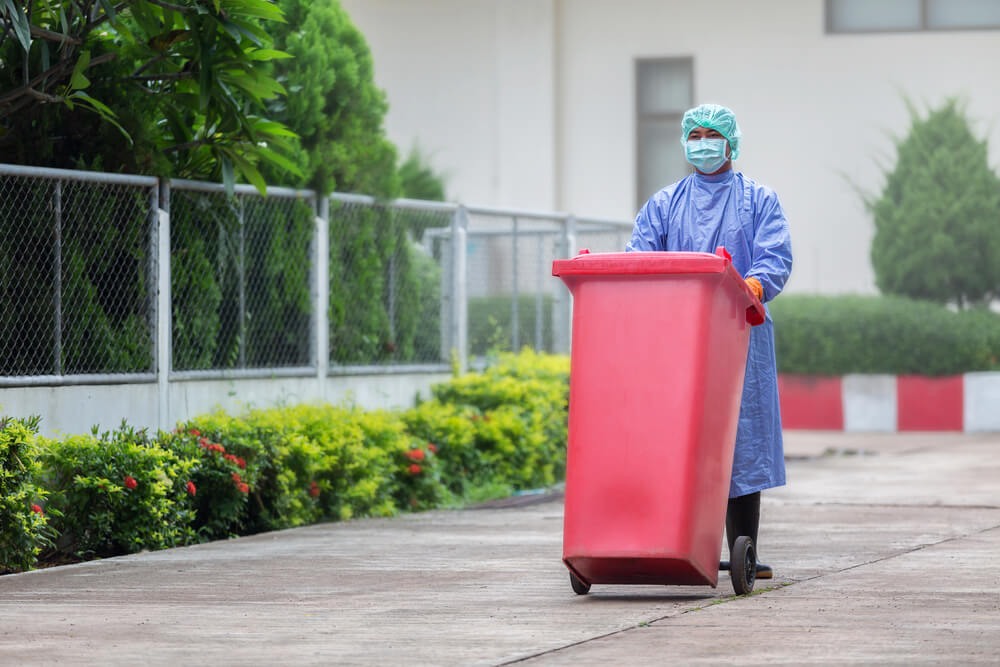
05 Jun What Are the Responsibilities of Infection Preventionists?
Clean and sanitary workspaces matter for many professions, but none as much as the healthcare field. Infection preventionists are responsible for controlling and preventing infections from spreading in healthcare settings.
These professionals complete comprehensive education and training to handle development, management, and implementation of infection control programs. Infection preventionists educate staff and patients on infection prevention and best practices, but they also investigate disease outbreaks.
Infection Preventionist Are in High Demand
Believe it or not, one in every 31 patients will get an infection when hospitalized. Tens of thousands die each year as a result. Infection preventionists play a vital role in keeping patients safe and reducing the spread of pathogens in all healthcare settings.
They work to control and prevent infections so that everyone can receive the best possible care. Infection preventionists receive education and training including microbiology, epidemiology, and infection control practices.
Using this education, specialists handle program development and management to help control the spread of infectious diseases. Infection preventionists work with all healthcare team members to ensure that everyone follows standard precautions and infection control practices reflected in national or professional organization guidelines, laws, and standards. .
A Day as an Infection Preventionist
Many infection preventionists work in hospitals but also work in other healthcare settings such as clinics, long-term care nursing facilities, and home healthcare agencies. These positions can be full-time or part-time.
Infection preventionists typically spend their days investigating infection outbreaks, developing and implementing infection control programs, educating hospital staff and patients on infection prevention, and monitoring adherence to infection prevention practices. Preparing and following infection control protocols is the best strategy to mitigate or prevent infections.
Disaster Preparedness
Disaster preparedness is another critical responsibility of infection preventionists. In this capacity, they work with the facility’s disaster preparedness or emergency response team to develop plans for responding to infectious disease outbreaks, emerging infectious disease pandemics, natural disasters, and mass casualty events.
Infection preventionists also play a critical role in outbreak investigations. They may work with state and local health departments to identify the source of infection and track its spread. They also work to develop control measures to prevent the further spread of the disease.
The responsibilities of infection preventionists are critical to patients and healthcare workers. They play an all-important role in preventing infections from spreading and protecting everyone involved in the healthcare process.
Skills and Experiences That Might Translate Well to a Career in Infection Prevention
If you are considering a career in infection prevention, specific education, skills, and experiences can help.
Background in Microbiology and Epidemiology
A strong knowledge of microbiology and epidemiology is helpful although not a requirement Microbiology studies microorganisms, such as viruses, bacteria, and fungi. Epidemiology is the study of how diseases spread and how to deter them.
Although a bachelor’s degree is required for certification in infection control, requirements for a position are specific to each facility. Some facilities may require a nurse for this position due to the clinical nature of this position. However, others simply will list a selection of required background such as a degree in nursing, medical technology, epidemiology, public health or other related field.
Work Experience in Healthcare
Having experience working in a healthcare setting gives you a better understanding of how infections can spread in these settings. Plus, some training for other healthcare positions often translates to the infection preventionist role.
Strong Communication Skills
It is essential to have good communication and interpersonal skills because you work with various people, including patients, families, healthcare workers, physicians, and leadership. You will need to communicate effectively with all these groups.
Preference for a Fast-Paced Work Environment
Like many members of the healthcare field, infection preventionists must thrive in a fast-paced, ever-changing environment. New information arises frequently that may impact infection prevention protocols. The infection preventionist has to be versatile and able to switch gears quickly to maintain a high level of infection control for all patients.
Investigating and Problem Solving Skills
Are you a good investigator? Do you like to ask questions and figure out how things work? If so, you may be good at conducting outbreak investigations.
This skill is essential because it allows you to track the spread of infection and determine its source. It is also crucial to develop control measures to prevent the further spread of disease. You must have strong investigative and problem-solving skills to succeed in this role.
Organizational Skills
It is important to have organizational skills to keep track of all the information you will gather. This information will aid in developing infection control plans, tracking the spread of infection, and putting mitigation strategies into place. You need to organize and manage data to succeed in this role effectively.
If you have these skills and experiences, a career in infection prevention may be a good fit.
How Healthy Is Your Infection Control System?
Infection preventionists play a vital role in healthcare. They are responsible for preventing the spread of infection and protecting everyone involved in the healthcare process.
The COVID-19 pandemic highlighted the need for infection preventionists more than ever. Healthcare teams had to adapt quickly and adjust to an ever-changing situation while operating in almost continuous crisis-mode.
Don’t wait for another outbreak to review and refine your existing practices. Ongoing education and training is a critical element in infection control. Infection preventionists can provide up-to-date protocols to create a safer environment for your patients and your team.
Contact Infection Control Results today to speak to one of our talented infection preventionists.


